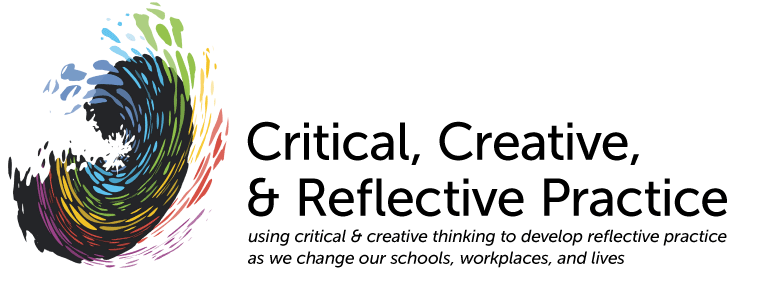Quotes and sources
The internet skeptic, Evgeny Morozov, identifies in The Net Delusion (2011), "the dangerous fascination with solving previously intractable social problems with the help of technology [that] allows vested interests to disguise what essentially amounts to advertising for their commercial products in the language of freedom and liberation."
As an example or a counter-point to that skepticism, David Weinberger in Small Pieces Loosely Joined (2002) argued that the “The Web… is challenging the bedrock concepts of our culture: space, time, matter, knowledge, morality, etc.” because it resists the idea that knowledge should be “context-free and universal.” The Web represents not only “databases,” but also
- jokes, the other form of knowledge on the Web, [which] reveal what you weren’t expecting. If they’re predictable, they’re about as funny as a database… Jokes reveal a link we hadn’t seen, an unfolding we hadn’t anticipated. Laughter is the sound of sudden knowledge.
In this spirit, he claimed that:
- When we make a tough decision, often it’s tough because we have too much information and it isn’t all consistent… Making a decision means deciding which of these “inputs” to value and how to fit them together to make a coherent story. In fact, the story helps determine which of the inputs to trust by providing a context in which the inputs make sense. That means the causality runs backwards: the inputs don’t determine the decision; the decision determines which of the inputs will count as influences.
Weinberger was promoting the internet in terms of a Big Transition in Society, but the use of the internet to determine which inputs count is also producing, in the words of Brooke Hildebrand Clubbs, a "market for conclusions that have no connection to reality." Faced with students claiming that the Sandy Hook massacre may be a hoax, Clubbs wrote in her 2013 Chronicle of Higher Education commentary:
- Previously, although we may have disagreed, we had what I told my classes was “civil discourse.” But we had to agree on the facts. We could all have different opinions, but we couldn’t be basing our opinions on different facts. Now I realized that in the age of Facebook memes and YouTube conspiracy videos, my students had somehow got the idea that facts were subjective and supporting material unnecessary. They seem to be following “opinion leaders” who model how to respond when they are challenged: Vilify and name-call.
- Demoralized, I went home and wrote to my longtime mentor. He sympathized, saying, “It almost makes you doubt the utility of the public marketplace of ideas, an idea which we defenders of the First Amendment have always cherished. Facts and information seem to be increasingly shut out of the market. Indeed, there seems to be a market for conclusions that have no connection to reality.”
To the extent that the social currents that have produced the internet are fueling fundamentalist denunciations of all readings of the text except that of one’s "church," Clubbs's commentary resonates with James Simpson's (2009) Burning to Read, which presents the Protestant reformation and access to printed text in the vernacular in the 1500s as the origins of fundamentalism (as described in the second paragraph of this review).
|
